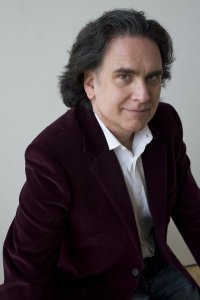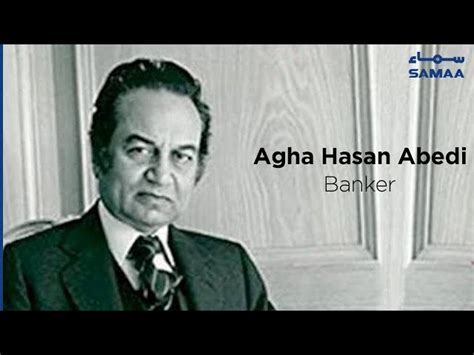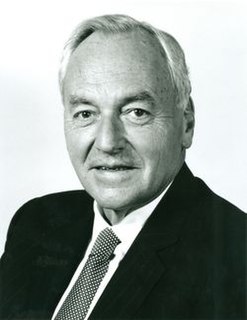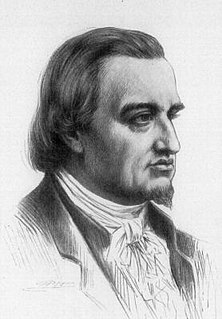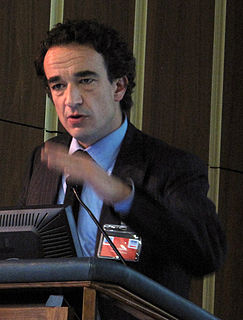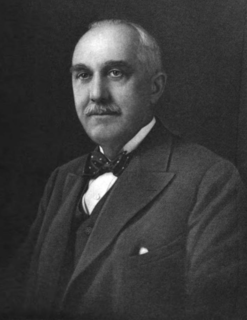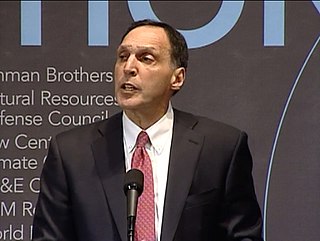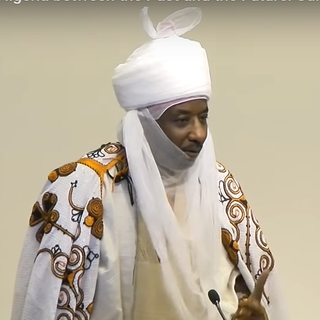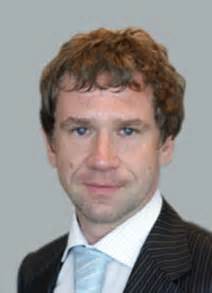A Quote by Christine Jennings
There are Harvard grads, free thinkers, feminists, abolitionists, well-to-do people who want to go write poetry and live on a farm and cook and laugh and have a good time. As they themselves described it, it was an "inward facing" community. They were focusing on making a better existence for themselves, which I think is also the driving force of 20th century communalism in the US, the thought being that the world is corrupt, and we're going to build this little garden of innocence.
Quote Topics
Also
Being
Better
Build
Century
Communalism
Community
Cook
Corrupt
Driving
Driving Force
Existence
Facing
Farm
Feminists
Focusing
Force
Free
Free Thinkers
G Force
Garden
Go
Going
Good
Good Time
Harvard
Innocence
Inward
Laugh
Little
Live
Making
People
Poetry
Themselves
Think
Thinkers
Thought
Time
Us
Want
Well
Were
Which
World
Write
Related Quotes
I was really interested in 20th century communalism and alternative communities, the boom of communes in the 60s and 70s. That led me back to the 19th century. I was shocked to find what I would describe as far more utopian ideas in the 19th century than in the 20th century. Not only were the ideas so extreme, but surprising people were adopting them.
D-Day represents the greatest achievement of the american people and system in the 20th century. It was the pivot point of the 20th century. It was the day on which the decision was made as to who was going to rule in this world in the second half of the 20th century. Is it going to be Nazism, is it going to be communism, or are the democracies going to prevail?
Even in the things that look most frivolous there has to be the threat of something quite painful to make the comedy work. I suppose the play of mine that's best know is NOISES OFF, which everyone thinks is a simple farce about actors making fools of themselves. But I think it makes people laugh because everyone is terrified inside themselves of having some kind of breakdown, of being unable to go on. When people laugh at that play, they're laughing at a surrogate version of the disaster which might occur to them.
I think there are deep structural things that are wrong in the world. The US is the Western empire of the 19th century regrouping in the 20th, not out of wickedness, but because everybody else in Eurasia was so completely destroyed by the Second World War. Economically, that was quite a useful time for the US, so they ended up in the position of enormous power. And like any great power, they're going to act in their own interests. The problem is due to what the business community wants, which is to make as much money as they can out of what other people do and pay as little as possible for it.
Well, it's an ancestral tribe. These were immigrants from north of Germany who came here about the time of the Civil War, but anyway, these people called themselves free thinkers. They were impressed, incidentally, by Darwin. They're called Humanists now; people who aren't so sure that the Bible is the Word of God.
I think one of the most important investments an organization like TNC (The Nature Conservancy) can make is in helping build local capacity - supporting the growth of a global network of small community-based entities. Help people who live within critical ecosystems help themselves and their neighbors to design a better future relationship between themselves and their natural resources.
I think that poets can say, "What we want is for everybody on earth to wake up free from fear and with access to medicine and clean water and education." But I don't think poets have any special insight on how to get there. And the 20th century is a pretty good record of that because so many of the great poets were Stalinists: Vallejo, Neruda, Eluard, Aragon, etc. They wrote their odes to Lenin and Stalin. They glorified some of the most violent and grotesque dictatorships of the 20th century. And a lot of the ones who were not Stalinists were fascists or fascist sympathizers.
In the 20th century, we built a lot of walls - we endlessly tried to build walls between us and people we perceived, correctly or incorrect, as our enemies. In the 21st century, because of the advent of networks, the free movement of goods and people across the globe, we need to build security by building bridges instead of building walls.














